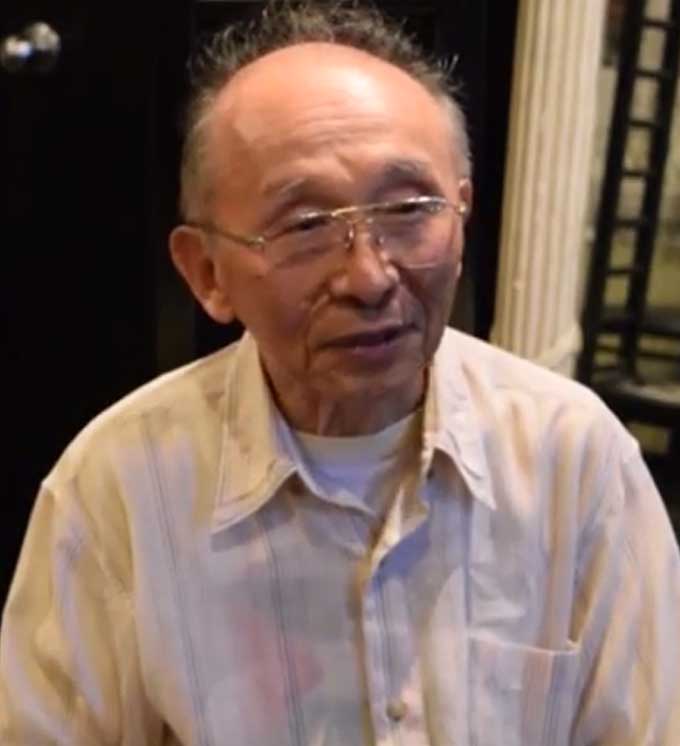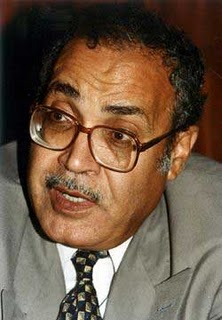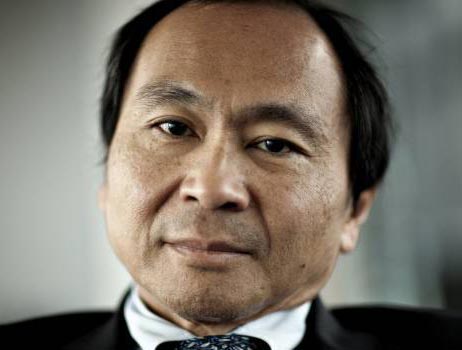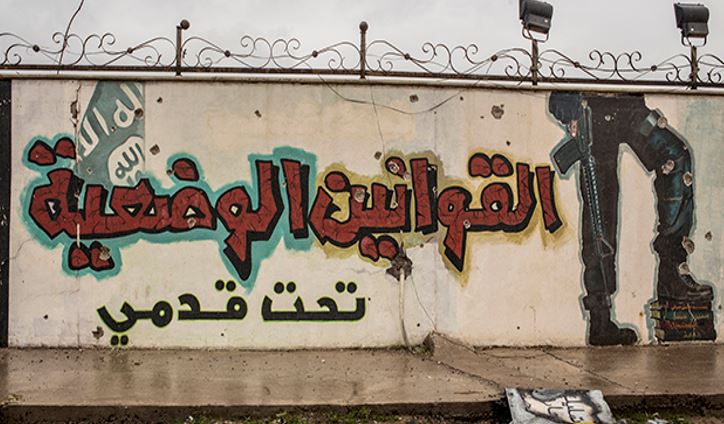
Progress depends on Arabs and Muslims endowing themselves with civilizational values, accepting the Other, having faith in pluralism, and realizing that countries are constructed on the basis of citizenship and not on the basis of faith. Progress is also conditional upon focusing on the value of cultural concepts not on their place of origin, and the re-evaluation of Islam in a way that is far removed from the logic of right and wrong, and on giving up the pretension to absolute, certain truth.
THAT THERE IS a dual personality of ‘Arab’ and ‘Islamic’, a swinging back and forth between the past and the present, is made clear by statements made by some of our contemporaries. What concerns us here is to trace those characteristics which stand in the way of progress.
Moshe Dayan, the former Israeli Defense Minister said this during the June 1967 war:
Arabs tend to deceive themselves and deceive others, and they do so unintentionally. The tend always to talk of the glories of the ancestors … of Saladin … of the battles of Hittin and Yarmuk… and while they do this we smile, because they are seeing themselves through the mirror of past glories. As for us, we see them through the mirror of the present … If only they would ask themselves why it is that they always talk about the heroes of their past but find no great figure in their present worth talking about. [1]
Yasumasa Kuroda, a Japanese professor at Hawaii’s Honolulu University, said the following:
The Arabs have a very rich heritage, but a civilization that seems to some extent to work against Arab interests. For the Japanese, who did not develop anything like the high-level of civilization developed by the Arabs or Chinese in the past, were able to accept new western sciences and technologies much more readily than the Arabs or the Chinese. It seems that the Japanese have developed a sense of balance between their self-confidence and their internal complexes vis-à-vis the West to the benefit of the nation as a whole. Perhaps Arabs might also benefit if they could develop wisely enough pride in their heritage, but without allowing their pride to be an obstacle to the process of self-development.[2]
Riad Najib El-Rayyes put it this way:
It is strange that the Arabs are unable to sever themselves from, or repudiate the past and are thus incapable of separating themselves off from present life. They thus remain dangling from a hanging bridge between life and the past. This odd situation has made them tolerate many of those who criticize their lives, but at the same time refuse to tolerate those who criticize their history. On this basis, a sharp contradiction between their cultural struggle for progress and the sanctification of their history has remained in place. The attraction of history is stronger than cultural progress.[3]
Progress depends on Arabs and Muslims endowing themselves with civilizational values
Other examples of the Arab-Islamic dual personality are made evident by failings in their behaviour towards others. This failure stems from the sense of inferiority they feel whenever they accuse the West of pornography, yet all the while practicing in secret what they publicly conceal – “doing things in a voyeuristic and hidden way, not as a right or a natural feeling, as if stealing from a life that has been robbed of them, even though it is their right to partake of it”. As Hasan Hanafi explains:
We see the lives of Europeans as licentious, but the fact is we envy their lives and we would like to live like them. We consider their behavior depraved and we shudder at it out of our virtues, which we merely use to cloak our depravities. Licentiousness is thus something deeply lodged within ourselves, rather than something on the surface. We are therefore closer to deep corruption than surface virtue. So we have two personalities: a hidden one that draws us in and which we are unable to declare openly, and an apparent one which we cling to and manifest, one that is merely a covering without any depth or robustness.[4]
So we might wonder who is responsible for our backwardness. Is it the Arabs or is it Islam? Is it a matter of theory or of application?
Hegel believes that the problem lies in the nature of the dominant religion. The Hegelian philosophical system
affirms that the state in any world can only be a reflection of the nature of the religion or religious spirituality prevailing in that world. The state is the direct product of the religion.
And Hegel goes on to clarify this:
When we say that the State is founded upon religion and it has its roots in it which we essentially mean that the state emerges from religion and that each specific state is the inevitable product of a specific religion.[5]
Since the Islamic religion spreads among believers fear and obedience towards God, the state that emerges from this religion, following Hegel, must also perforce be a state of fear and obedience. Both this fear and obedience are directed towards God in religion, and in the Islamic state towards the ruler. Describing the oriental state, Hegel holds that they are – all of them – necessarily despotic:
What dominates the Orient is despotism. Man is either afraid or hesitant or controlled through the spreading of fear. He is therefore neither master nor slave. In a word, fear is what governs the Orient.[6]
The above evaluation may be mitigated a little by saying he was describing the nature of the oriental Islamic state at a certain period in time, and that Hegel’s philosophy on the nature of the close relationship between the state and religion leaves the door ajar to effecting a new understanding of the Islamic faith that allows for a relationship between state and religion that is one of reconciliation, not of collision.
“Our crisis is one of the marginalization of mankind and the omnipresence of God”
Francis Fukuyama restricts the valency of there being religious obstacles to modernization and gives importance to cultural obstacles, arguing for the possibility of
a difference between Arab political culture in and of itself, and comprehensive Islamic culture in the light of successful cases, albeit few in number, in the field of economic development, or in the light of democratic experiments in Islamic countries that are not Arab. Turkey, for example, enjoys a relatively successful democracy, as do Indonesia and Malaysia which are experiencing rapid economic growth. There may be cultural obstacles in the face of modernization, but these do not have any connection with religion.[7]
In his discussion on religion Fukuyama meant its potential, but not prevailing version. To make this point he cites European history, since in Europe
during the sixties the Catholic Church in several cases proved to be an opponent of modern democracy. During the Spanish Civil War the Catholic Church was numbered among the ranks of the Fascists, and its reconciliation with democracy was only achieved with the advent of contemporary Christian Democrats in Italy, Spain and other countries.
Fukuyama thus believes that what the Muslim world needs is actually
an ‘Islamic Christian democracy’ that allows citizens to express their religious aspirations within a political framework, but one which is in step with pluralism and tolerance and enacted through peaceful, constitutional competition among various points of view. In other words, a democracy where there is a place for religion to wield influence, as is the case in contemporary Europe.[8]
In sum, Fukuyama is optimistic about the future of the Arab world because, he says, it is currently passing through a stage of real crisis prior to attaining a point where real reform can be applied. He feels that the crisis is in its critical phase and is likely to witness further deterioration before it begins to improve. Yet in the final analysis he is convinced that this will be the starting point for change. Fukuyama’s optimism, as that of Bernard Lewis and George Tarabishi, depends on forging a link between the twins of secularism and democracy. Describing the attempt to transfer democracy to the Middle East, Bernard Lewis holds that democracy
will remain a foreign, wilting plant among the peoples of the Middle East since their political culture is dominated by values of obedience, religious faith and the community instead of freedom, citizenship and the individual. There is no future for democracy until it is accompanied by its counterpart of secularism.[9]
All doors through which the winds, or at least the breezes, of renaissance could flow have been slammed shut. That does not mean that their sealing off is something inevitable. We may agree on the need to open the doors to a rebirth, but we differ on what the doors are. Knowing the true nature of the door to rebirth and how to open it requires consensus on the norms of modern, contemporary culture. We have failed to enter upon on through the door of the national project and attempted to enter upon it through the wrong door of political Islam. It is time to open up the door of modernity.
All doors through which the winds, or at least the breezes, of renaissance could flow have been slammed shut
There are other indicators from the history of other peoples that can serve as a sign of optimism. Even as late as 1960 it was not possible, in a developed country such as Britain, to publish of full editions of the novel Lady Chatterley’s Lover or the Kama Sutra. When the first complete edition of the novel was published it cause a major stir and court trials were convened and witnesses summoned, but the result in the end was in favour of freedom of thought. As for the Indian Kama Sutra, this was for the first time published publicly in London in 1963. In the Introduction to the English edition, the book’s translator wrote the following:
Four short years ago it was absolutely impossible to publish this famous work openly in our free, enlightened country. At that time it was classified, without any justification, among the list of books that detail pornographic acts.
Knowing all this as we do, we are aware that there are a number of different worlds and possibilities to reality lying in pluralism, individualism, art and rationality, capable of leading mankind out of this negative metaphysical nihilism towards a life of positive, active independence.
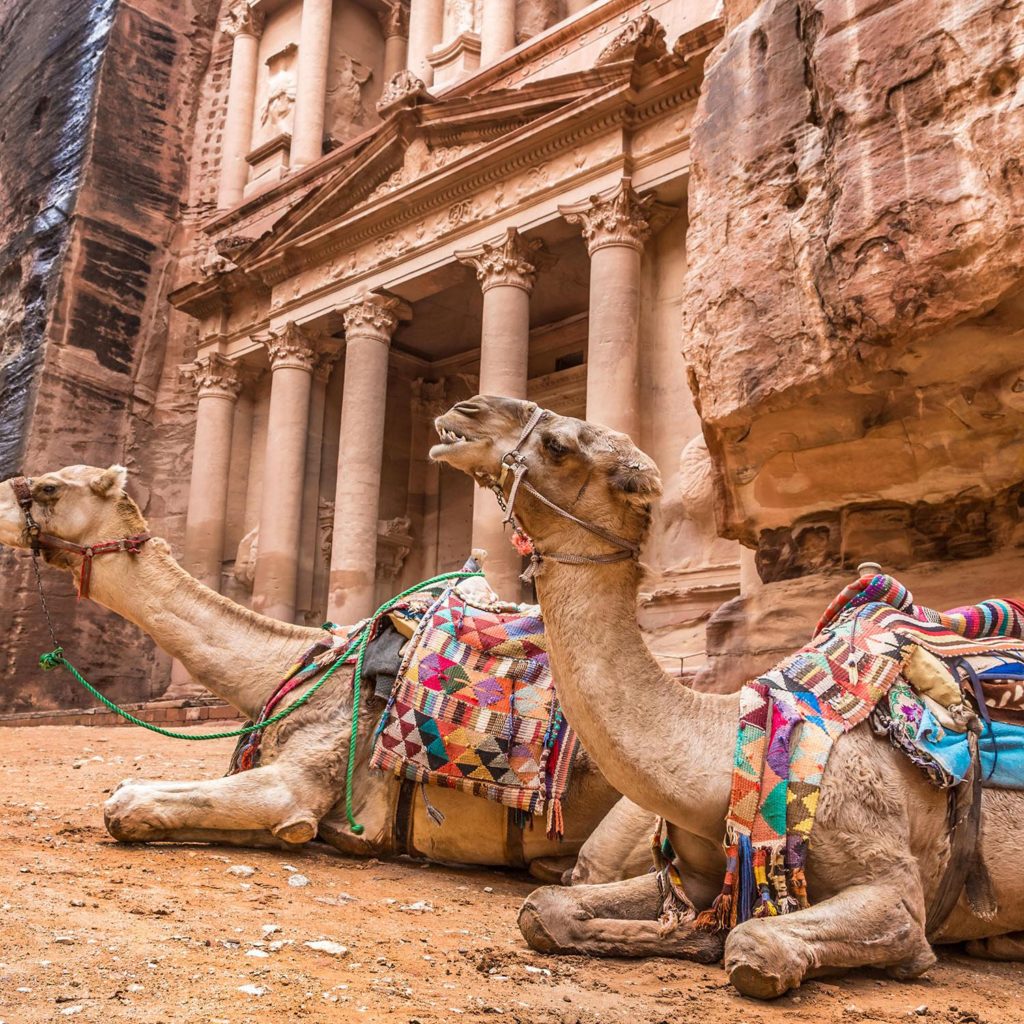
Suggested Reading
Similarly, the major contribution by Muslim scholars from non-Arab nationalities to the building up of Islamic civilization, without effective contribution from Arabs, does not make us elaborate an inevitable theory of some permanent Arab backwardness. Progress depends on Arabs and Muslims endowing themselves with civilizational values, accepting the Other, having faith in pluralism, and realizing that countries are constructed on the basis of citizenship and not on the basis of faith. Progress is also conditional upon focusing on the value of cultural concepts not on their place of origin, and on abandoning worn-out customs and traditions that glorify mythology, and on adopting the philosophy, rational thinking, scientific research and the re-evaluation of Islam in a way that is far removed from the logic of right and wrong, and on giving up the pretension to absolute, certain truth.
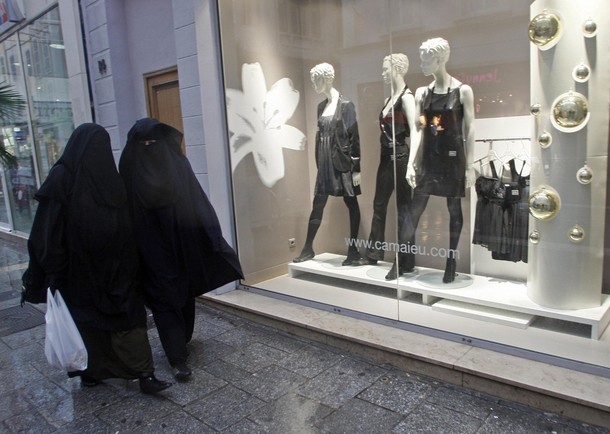
Suggested Reading
Our crisis, as Hasan Hanafi expressed it, is one of the marginalization of mankind and the omni-presence of God, the presence of theological thinking in our mindset and the absence of human thinking. The renaissance project’s lever is altering the centre of gravity. From the centrality of God to the centrality of Man and the presence of a humanism that can restore to mankind his ability for science and creative thought.
[1] Georges Tarabichi, المثقفون العرب والتراث (Arab intellectuals and their heritage), London, Ryad al-Rayyis, 1991, pp.76-77.
[2] Ibid.
[3] Ibid.
[4] Op. cit. pp. 156-7. Citation from Hasan Hanafi, في فكرنا المعاصر (On our contemporary thinking) pp. 70-71.
[5] Ibid.
[6] Ibid.
[7] Al-Nahār Online, Conversation with Francis Fukuyama: What is needed is an Islamic ‘Christian Democracy’. In dialogue with Sam Munassi, Washington.
[8] Ibid.
[9] Ibid.
Main Picture: ‘Positive laws lie under my foot’ – ISIS wall poster in Mosul
